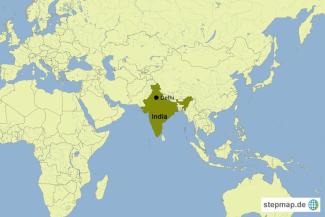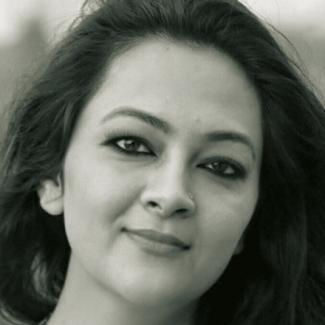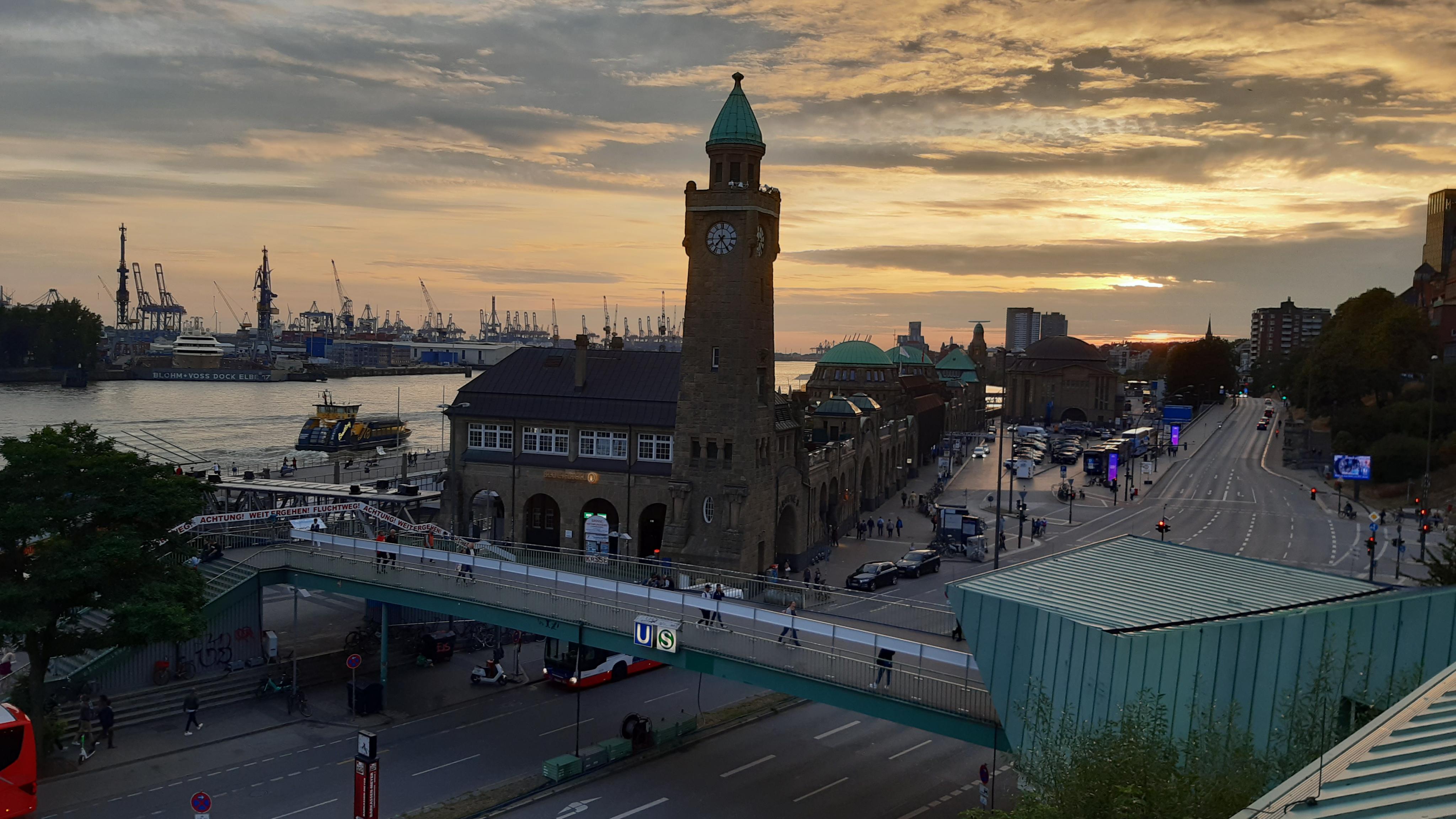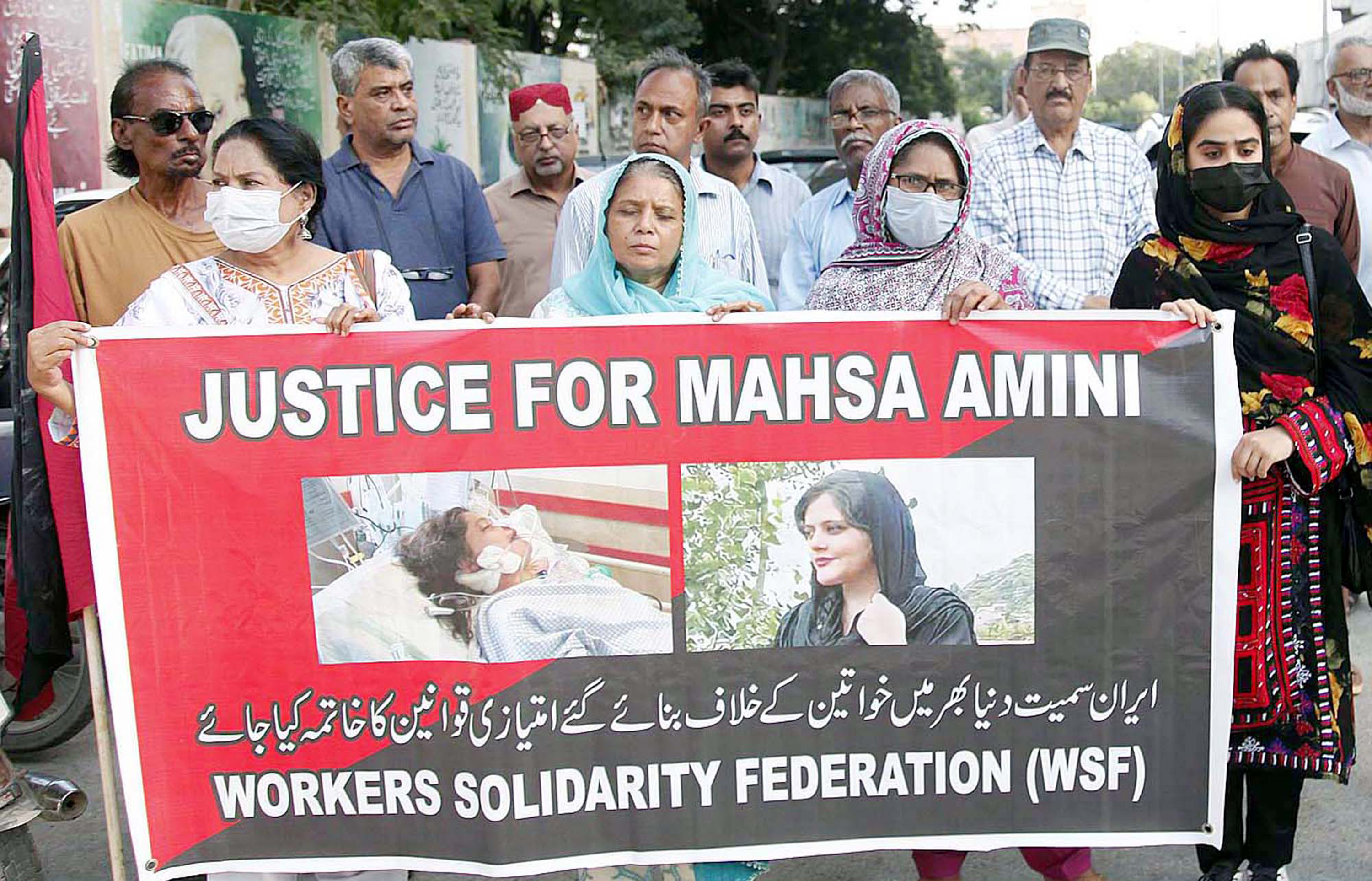Right-wing politics
Muslims’ grievances in Modi’s India

The Citizenship Amendment Act (CAA) grants refugees from Pakistan, Afghanistan or Bangladesh a fast track to Indian citizenship if they fled for religious reasons. The problem is that the CAA explicitly excludes Muslims, even though Islamic minority groups such as Shias or Ahmadias often suffer hardship in the countries concerned. India’s constitution forbids faith-based discrimination, but the government does not care.
The CAA fits a pattern. In the second half of last year, the national government pioneered a scheme to identify illegal immigrants with a particular focus on Bangladeshi Muslims in the state of Assam (see my comment in the Debate section of D+C/E+Z e-paper 2019/11). There are plans to roll out the scheme all over India. The buzzwords are National Register of Citizens (NRC) and National Population Register (NPR) (see blogpost on D+C/E+Z website). Poor people who lack proper birth certificates or similar documents would be at risk of losing their citizenship. As most Indian Muslims tend to belong to low income groups, they would be affected in particular.
Since Modi first became Prime Minister in 2014, harassment of – and violence against – Muslims has mostly been informal, though certainly systematic. For example, Hindu-supremacists, who argue that cows are holy to them, have accused Muslims having eaten beef and killed them. After Modi’s party, the BJP, again won general elections last year, repression has increasingly become official government policy.
For example, the national government stripped Kashmir, previously the only Muslim-majority state, of its special rights and turned it into two separate union territories under its direct control. Large parts of Kashmir have not had access to the internet since August 2019. Recently, it was reported that the Kashmir police was using the stringent Unlawful Activities (Prevention) Act against those who are using a VPN (virtual private network) or proxy servers to access social media websites. According to the government, this was done to stop ‘‘misuse of social media sites by miscreants to propagate the secessionist ideology and to promote unlawful activities’’.
It adds to the worries that India’s independent Supreme Court recently cleared the way for a Hindu temple in Ayodhya on the very plot of land where the historic Babri Mosque stood until 1992. It was torn down by a mob of Hindu fanatics. The event triggered deadly riots all over India, as well as Pakistan and Bangladesh. The Supreme Court case concerning what to do with the land had been pending for decades. Hindu supremacists regularly demanded that the temple must be built (see my article in the Focus section of D+C e-Paper 2018/05). (aks)













